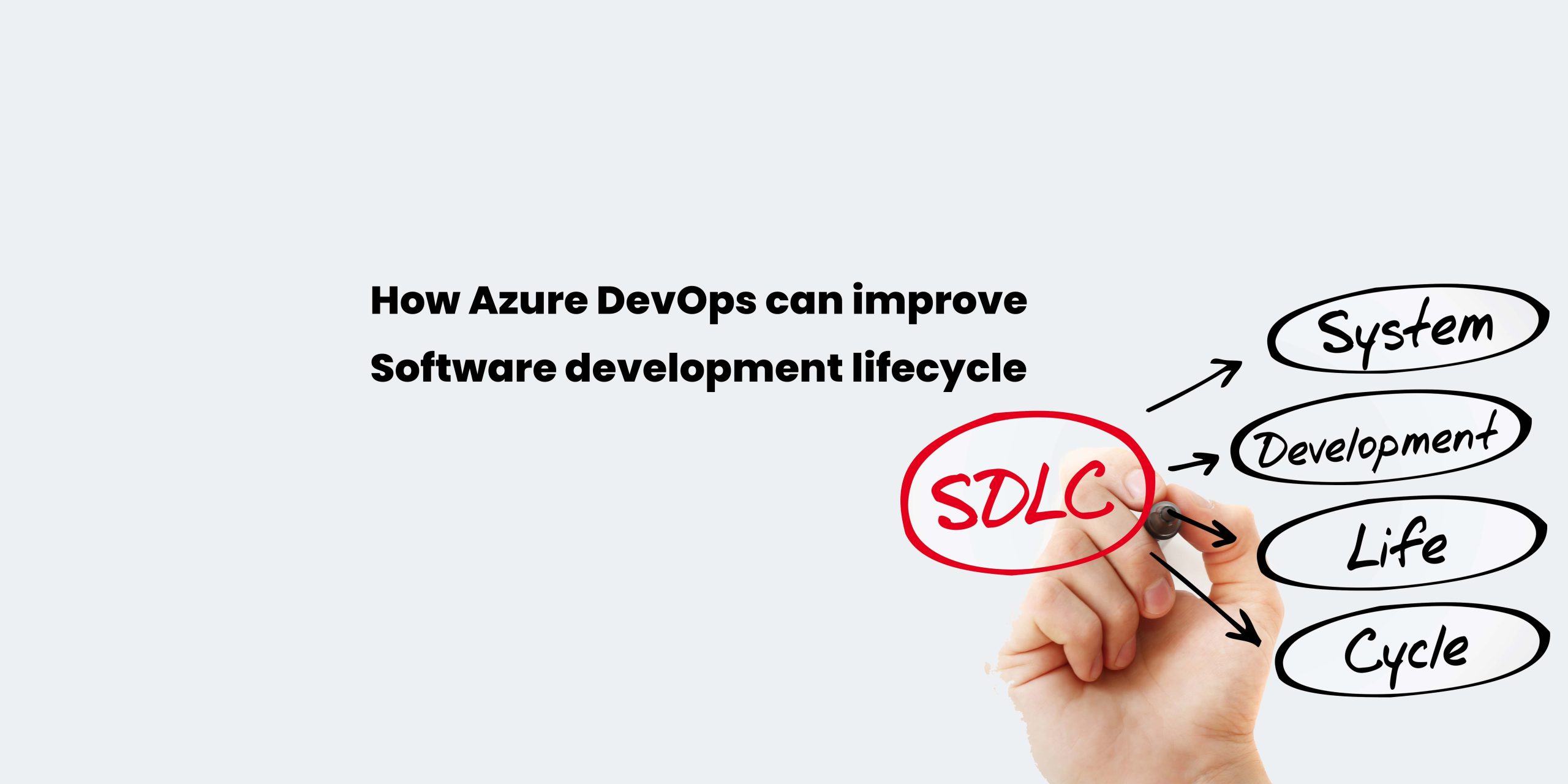Businesses must continuously adapt and innovate in order to remain competitive amidst the constantly evolving digital landscape of today. One such revolutionary tool that has been transforming business operations is Microsoft Dynamics 365 FO (D365 FO). However, in order to fully exploit its maximum potential, we must broaden our thinking beyond conventional boundaries. This article delves into some disruptive approaches to D365 FO implementation that can help you optimize your business processes and gain a competitive edge.
Understanding D365 FO
To fully grasp the innovative strategies, let’s first gain a quick comprehension of what D365 FO entails. Microsoft Dynamics 365 FO is a cloud-based enterprise resource planning (ERP) solution from Microsoft that integrates finance and operations functionalities. It offers a range of features from financial management, supply chain management, retail, and talent management, all designed to streamline business operations and drive growth.
Disruptive Approaches to Microsoft Dynamics 365 FO Implementation
Agile Methodology
Traditional waterfall models are often criticized for being lengthy and inflexible in their implementation process. Instead, consider adopting an Agile approach. With Agile, you can implement and test modules in iterations, allowing for continuous improvement, flexibility, and faster time-to-market.
Leveraging enhanced decision-making AI
Artificial Intelligence (AI) is no longer a futuristic concept. Integrating AI with D365FO can automate routine tasks, provide predictive insights, and enhanced decision-making capabilities. Moreover, AI can enhance user experience by offering personalized recommendations and proactive alerts.
Utilizing Power Platform
Microsoft’power Platform, comprising Power BI, Power Apps, and Power Automate, can be a game-changer when integrated with D365 FO. It allows for the creation of custom apps, automation of workflows, and generation of interactive dashboards, offering a more tailored solution to your business needs.
Adopting a Phased Approach
Using a phased approach when implementing a project can help reduce the risks involved with a sudden and complete change. By breaking down the implementation into smaller stages, potential issues can be identified and resolved earlier, minimizing their impact on the final outcome. This allows for adjustments and refinements to be made along the way, ensuring a smoother and more successful implementation process. By breaking the implementation into manageable phases, businesses can ensure smoother transitions, better training, and more effective change management.
User Adoption is important.
User adoption is often overlooked in the implementation process. However, the success of D365 FO implementation heavily depends on how well your employees adapt to the new system. Hence, incorporating a comprehensive training program and change management strategy is crucial.
Summary
Implementing D365 FO is not just about replacing old systems with new ones. It’s about transforming your business processes and strategies. By adopting these disruptive approaches, you can ensure a successful D365 FO implementation that drives efficiency, innovation, and growth. Remember, the goal is not just to implement, but to transform. So, think differently by utilizing D365 FO to break away from conventional methods and challenge the status quo.
Check out the related blogs for further reading

How to optimize costs with Microsoft dynamics 365 pricing plans
Microsoft Dynamics 365 pricing can be complex, but with the right approach, businesses can control costs while maximizing…

AWS vs. Azure Services – Which is right for your business?
When choosing between AWS and Azure services, it’s essential to understand the core differences and how each solution…

How Azure DevOps can improve software development lifecycle
In fast-paced technological environment, improving the software development lifecycle (SDLC) is critical for delivering high-quality products effectively. Azure…








